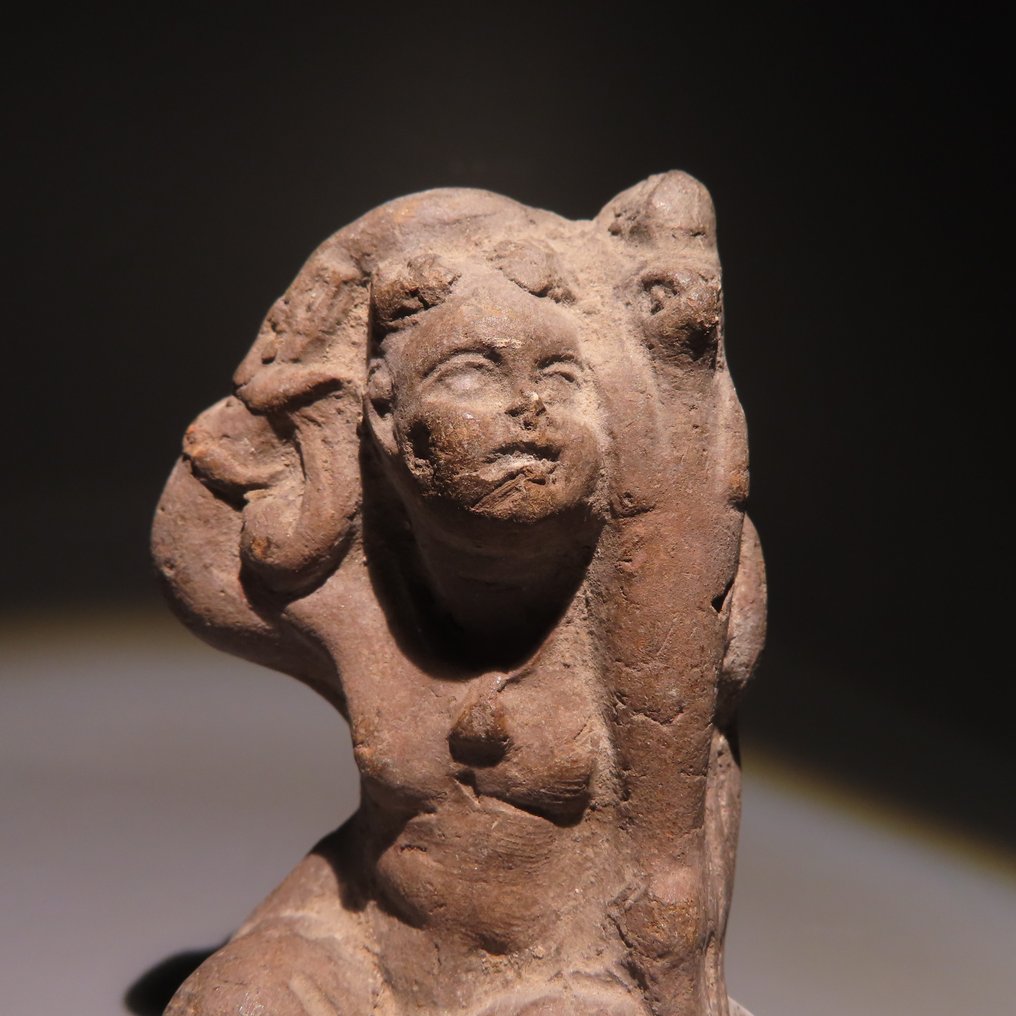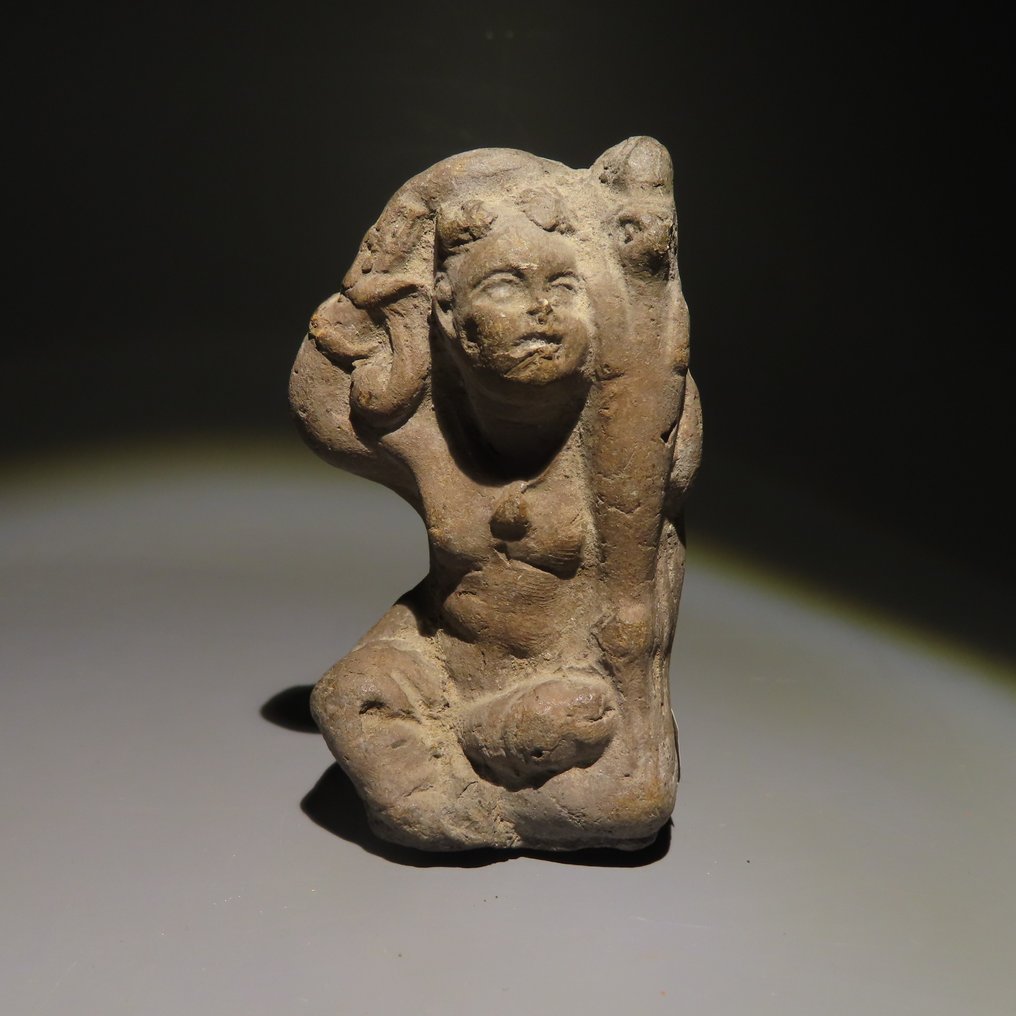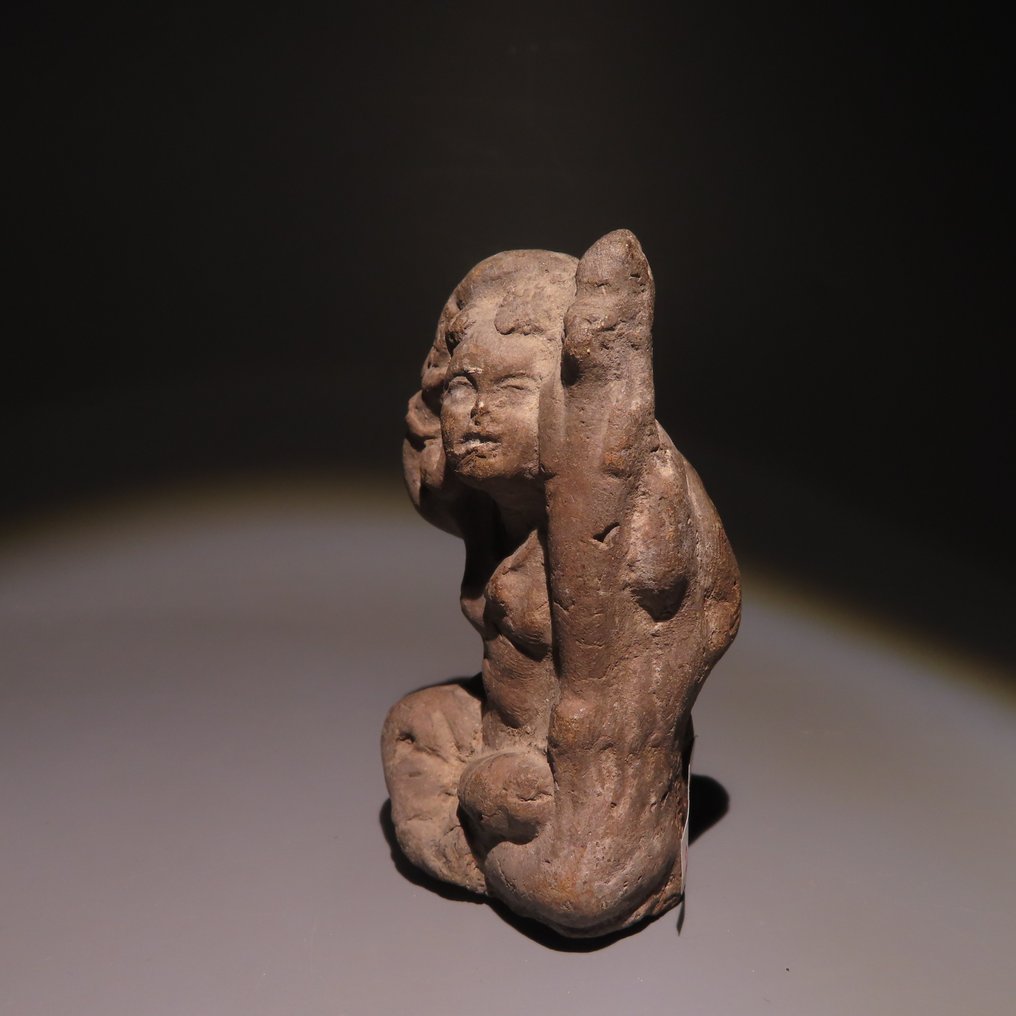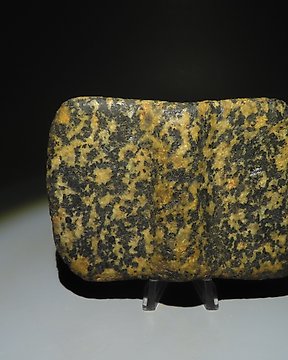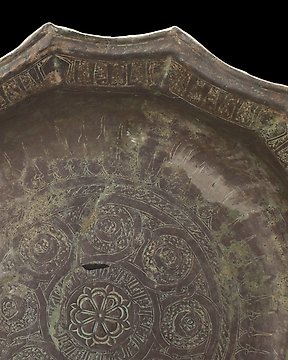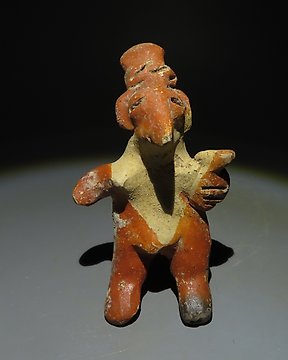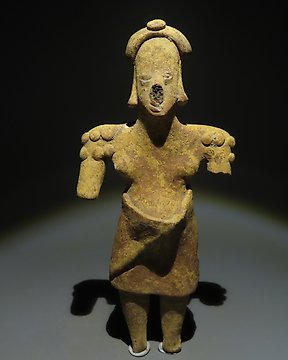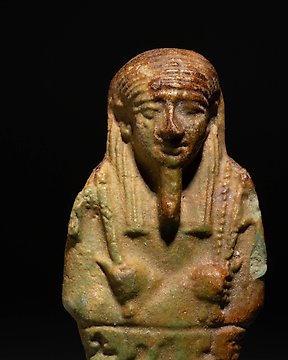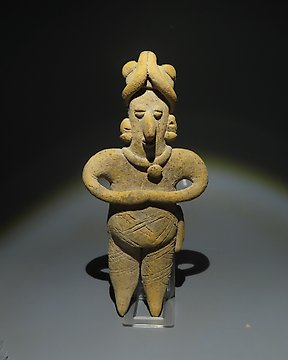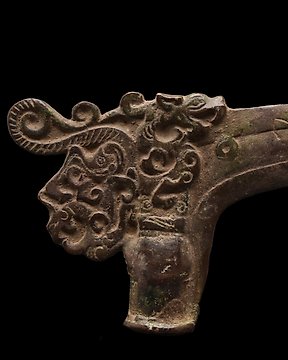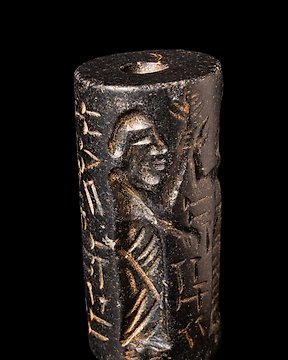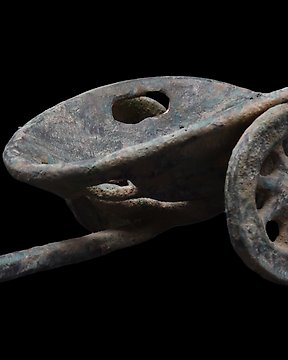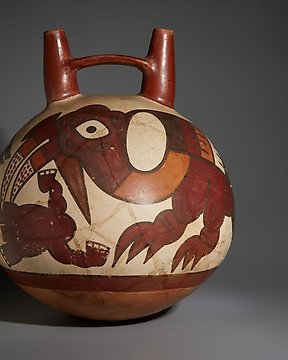Aviso legal
El vendedor garantiza y puede probar que el objeto ha sido obtenido legalmente. Catawiki ha informado al vendedor de que tenía que proporcionar la documentación exigida por las leyes y reglamentos de su país de residencia. El vendedor garantiza que tiene derecho a vender/exportar este objeto. El vendedor le proporcionará al comprador toda la información disponible sobre la procedencia del objeto. El vendedor garantiza que se tramitarán todos los permisos necesarios. El vendedor informará inmediatamente al comprador de cualquier retraso en la obtención de dichos permisos.
El vendedor garantiza y puede probar que el objeto ha sido obtenido legalmente. Catawiki ha informado al vendedor de que tenía que proporcionar la documentación exigida por las leyes y reglamentos de su país de residencia. El vendedor garantiza que tiene derecho a vender/exportar este objeto. El vendedor le proporcionará al comprador toda la información disponible sobre la procedencia del objeto. El vendedor garantiza que se tramitarán todos los permisos necesarios. El vendedor informará inmediatamente al comprador de cualquier retraso en la obtención de dichos permisos.
